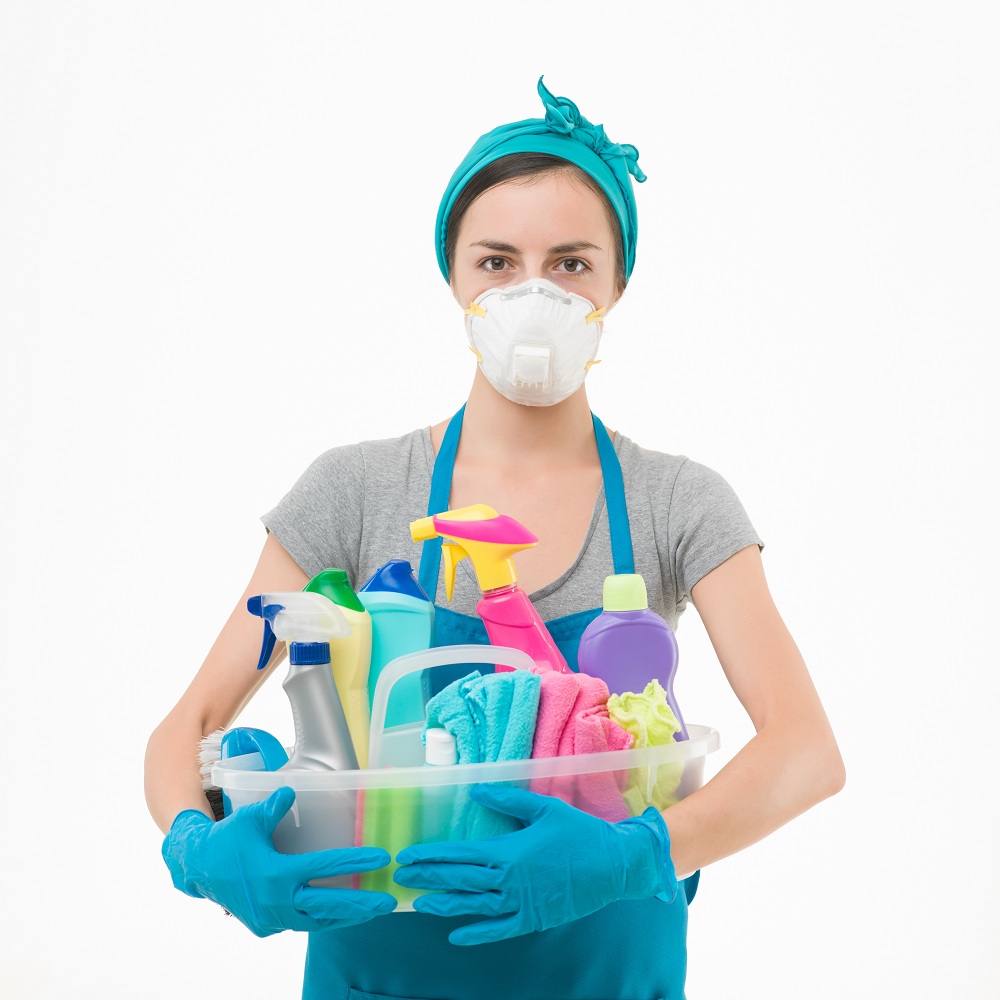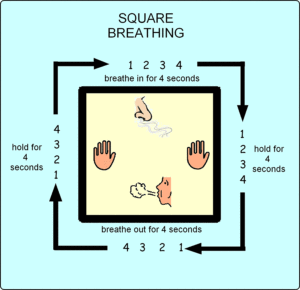Let’s Get Smart About Stress
Stress. We all have it. You can’t avoid it. Sometimes it’s good; sometimes it’s bad. Sometimes you feel like you have a lot; sometimes you feel very little. No matter what, your body is constantly doing its best to manage that stress load appropriately and function gracefully through it. My goal in this blog is to share with you three categories of stress, how they affect your body, and how to help your body handle the blend of the three with ease. These categories are broad and overlapping, making it a complex system to study, but how to support them is usually pretty straight forward. Stress is also highly personal; everyone has a different tolerance to different triggers. My goal is to help you understand how stress is affecting your body and to help you tackle the toll it has one your life!
These three categories of stress are Physical, Chemical, and Emotional. In chiropractic, we like to refer to them as Traumas, Toxins, and Thoughts (because alliteration is so much more fun).
Traumas
The physical element of stress is easy to put an image to. It can come in the form of repeated postural patterns such looking down at your baby while breastfeeding, injuries like spraining your ankle on a run, or even sitting at a desk all day. These situations can cause an array of injuries and can lead the connected muscles, joints, and fascia into a pattern of dysfunction. At some point, you have probably noticed yourself standing with hunched forward shoulders or a feeling of tightness in your neck leading to an oncoming headache after being on your computer too long. This isn’t terrible when it only happens every so often, but when a pattern persists “most of the day, most days”, it starts to add up. As chiropractors, a bulk of our training is focused on evaluating and treating stress on the muscles and joints of the human body, from your feet all the way up to the top of your head.
Toxins
In our environment, we are exposed to a countless number of toxins every day. These enter the body in three main ways: ingestion, skin contact, and inhalation. They range from things we can avoid, like cigarette smoke or costic cleaners, to compounds that are not always 100% avoidable even with our best efforts, like pesticides, antimicrobial agents, and air pollution. These chemicals are not easily removed by the body and can build up within our system. This load is shockingly insidious. In testing the umbilical cord of newborn infants, over 200 known toxins were identified! Our body often doesn’t know how to process all these chemicals and they end up getting stored (often in fatty tissues). There are many ways to help support healthy detoxification so that the toxins can be mobilized and removed from the body.
Thoughts
Last, but certainly not least, are your thoughts. Emotional stress is the most well-known type of stress; it is the type that comes to mind when we say “I’m so stressed out!”. This interplay of our perceptions about what is going on in our lives and how we are able to handle it physiologically sets a cascade of responses in the body. Some of the most common triggers for external stress perception are the following:
- Work
- Kids
- Relationships
- Family Health
- Finances
- Unmet Expectations
These factors are the most variable of all types of stress because the same situation could cause a different level of reaction in different people (and even at different times in the same person). Some situations – such as a family member becoming seriously ill – will always be stressful, but depending on what else is going on for those working with the situation, it may be debilitating to some whereas others are able to cope more fluidly. The parable of carrot, egg, and tea always reminds me of this. When put into hot water, the carrot goes from strong to soft, the egg goes from fragile to hardened, but the tea actually changes the water around it to become something new!
What does “stress” actually do to you?
The various effects of stress on the body stem from a central system in the body, the Sympathetic Nervous System. This branch of the nervous system is your “fight or flight” response built to prepare your body for short-lived danger and survival. Back in the not-so-modern times, that was stumbling upon a bear and your body preparing to run away. These days, the stressor is much less likely to be an actual bear and much more likely to stick around without rapid resolution. This leads to a chronic state of overbearing sympathetic activity that can lead to a number of issues in our bodies.
Our brain perceives the stress trigger (whether physical, chemical, or emotional; real or imaginary) and sends neurological and chemical messenger signals to the adrenal glands. The adrenal glands pump out some fancy chemicals of their own, including cortisol and epinephrine (adrenaline). This increases energy for the ‘immediate need’ processes, at the expense of whatever isn’t needed to run away from the bear.
A Chronic “Prepare for the Bear” Response can lead to Chronic Negative Consequences
- Accelerated Breathing – Can aggravate asthma and emphysema
- Increased Heart Rate & Narrowed Blood Vessels – Leads to increased blood pressure
- Decreased Digestion – Constipation or diarrhea
- Mobilizes Sugar – Increased risk of diabetes, cravings, and crashes
- Increased Cortisol – Impacts both inflammation and hormone production, which can affect a myriad of health issues (including fertility)
- Energy Diverted to Muscles Instead of Brain – Reduced cognition and mental fogginess; diminished executive function
- Visceral Fat Storage – Weight gain (especially around the middle)
- Immune System Suppressed – Increased susceptibility to colds, flues, and other infections
What can you do about it?
y aMost stress relief strategies are not complicated, but simple does not always mean easy! I often find myself saying, “Sure, I would love to go to yoga and relax, just as soon as I get all of my to-do list done!”. I am sure many of you can relate. If your goal is to improve your resilience to stress, here are some items that need to reach to top of your priority list.
-
Physical Activity
Physical activity is one of the most important ways you can fight against the negative impacts of stress on your body and brain. Your body naturally wants the physical release of “running away” from that danger, so cardio and activities such as kickboxing and bursts of energy release can help put your body’s natural response to its intended use.
There are many ways to practice mindfulness and be more present in the moment. One that I like is called the Square Breath. It can be done anywhere, almost any time, and it works! You start by inhaling for a count of 4, holding for 4 counts at the top of the breath, exhaling for 4 counts and then holding for 4 counts at the bottom. Repeat anywhere from 30 seconds to 30 minutes! Some other things you can try include a gratitude journal and meditation exercises. There are lots of cool apps out there to learn these skills too.
-
Social Connection
Isolation from those we love and feel connected with can further increase our stress load and our cortisol levels. Look to strengthen connections and time spent with family, friends, partners, and pets! This doesn’t have to be in person if you are at a distance; phone calls and texts work great too! If you don’t have strong positive social connections, make this one of your top priorities. Start by attending a group or event to mingle with people with similar values.
-
Anti-Inflammatory Diet
Increasing your intake of whole foods and water goes a long way to helping your body process the increased load of inflammation that comes in tow with chronic stress. Oxidative damage is ramped up under stress, so limiting the number of inflammatory foods when you’re under stress can support your chemistry. Your heavy hitters include sugar, dairy, and gluten. Phytonutrients found in fruits and vegetables are naturally-occurring antioxidants that can further support this system tackle the challenge. Regular bowel movements are important for off-loading your chemical wastes.
-
Do More of What You Love
Find activities that you love and devote time for them. This could be listening to your favourite music, practising yoga, cooking, hiking, photography, dancing, reading – whatever your happy place is. I know this is much easier said than done and you can’t always adjust everything in life that you don’t like, but finding the spaces and moments to do what makes you feel like you can take on the world a little easier will help! We are all just trying to untangle ourselves, as gracefully as we can!
Need some help? In our office, we focus on treating the whole person, helping them manage their physical, chemical, and emotional stress. Allostatic Load is a term used to describe the overall impact of the combination of all these stressors put together. Our approach addresses physical complaints and capacity, balances the chemistry, and acknowledges the emotional contributions so you can become the best version of yourself. Let us partner with you to improve your stress response and guide you along this incredible journey.





